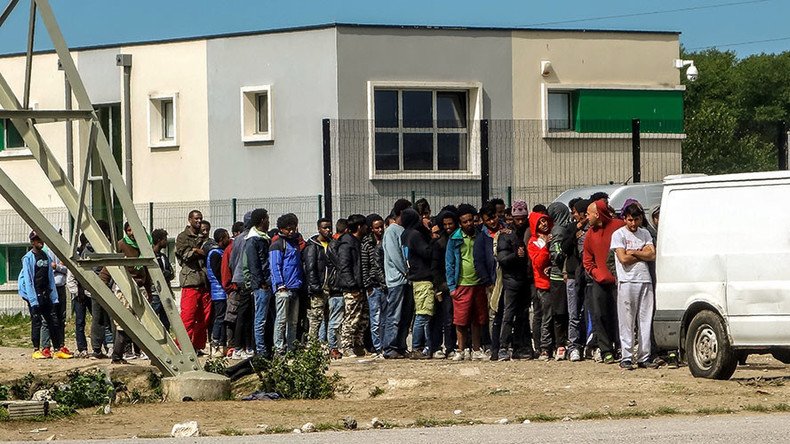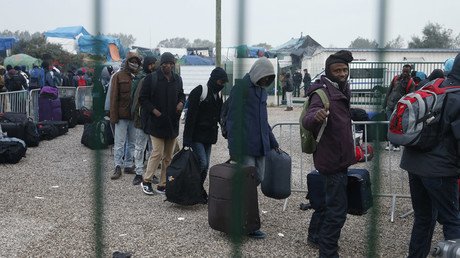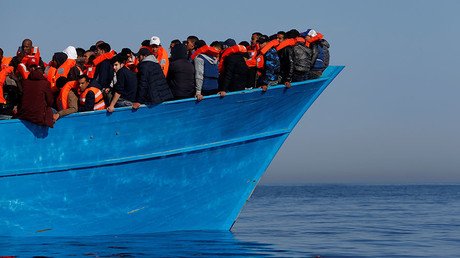Economic migrants weaken the case for helping refugees – Lord Dubs

Europe must be “tough” on economic migrants or risk putting the “fundamental rights” of refugees at stake, the champion of Britain’s child refugee scheme has warned.
Lord Dubs, who himself arrived in Britain as a refugee at the age of six fleeing Nazi-occupied Czechoslovakia, said economic migrants escaping poverty and famine are being mixed up with refugees fleeing conflict, thereby weakening the latter’s case for sanctuary.
He said refugees “surely have the highest of all claims” as they are fleeing for their lives, and should therefore be given preferential treatment over economic migrants.
“So I would argue that one has to be fairly tough and say that provided we have a fair system with appeals for determining asylum claims, that should be fairly tough on people who don’t meet the criteria,” he told the Times.
Dubs spearheaded calls for the UK government to allow unaccompanied refugee children adrift in Europe to enter Britain, under the so-called Dubs amendment.
He is now pushing for the government to let more lone children into the country after Theresa May announced she would only allow for 350 to enter, down from the 3,000 originally stipulated in the amendment.
Dubs said the public and authorities are failing to distinguish between those who meet the criteria under the 1951 Refugee Convention and economic migrants.
Under the convention, EU countries are forced to give asylum to those who have a “well-founded fear of persecution.”
“Much as I have sympathy for people who are fleeing poverty and famine, I just think we have to be careful,” Lord Dubs said.
“And I think we have to say bluntly that the refugee convention is fundamental.
“If you weaken the concept of being a refugee, you’re doing damage to human rights,” he said.
“Because although economic migrants may have worthwhile justification in terms of saying that their conditions are so appalling in poverty that they need to get out, that will weaken the case of people who are actually fleeing for their lives.”
Hundreds of thousands of refugees from war-torn countries have attempted to reach Europe in the past few years, causing the largest migrant crisis since the Second World War.
Lord Dubs acknowledged it has sparked a “political crisis,” saying that many countries have now closed their borders to stem the flow of migrants entering their countries, while refugees head straight to north and west-European countries instead of lodging their asylum application in the first country where they arrive, as per the Dublin Regulation.
“I just shudder at what will happen and the refugee convention may start to get ignored completely,” he said.














